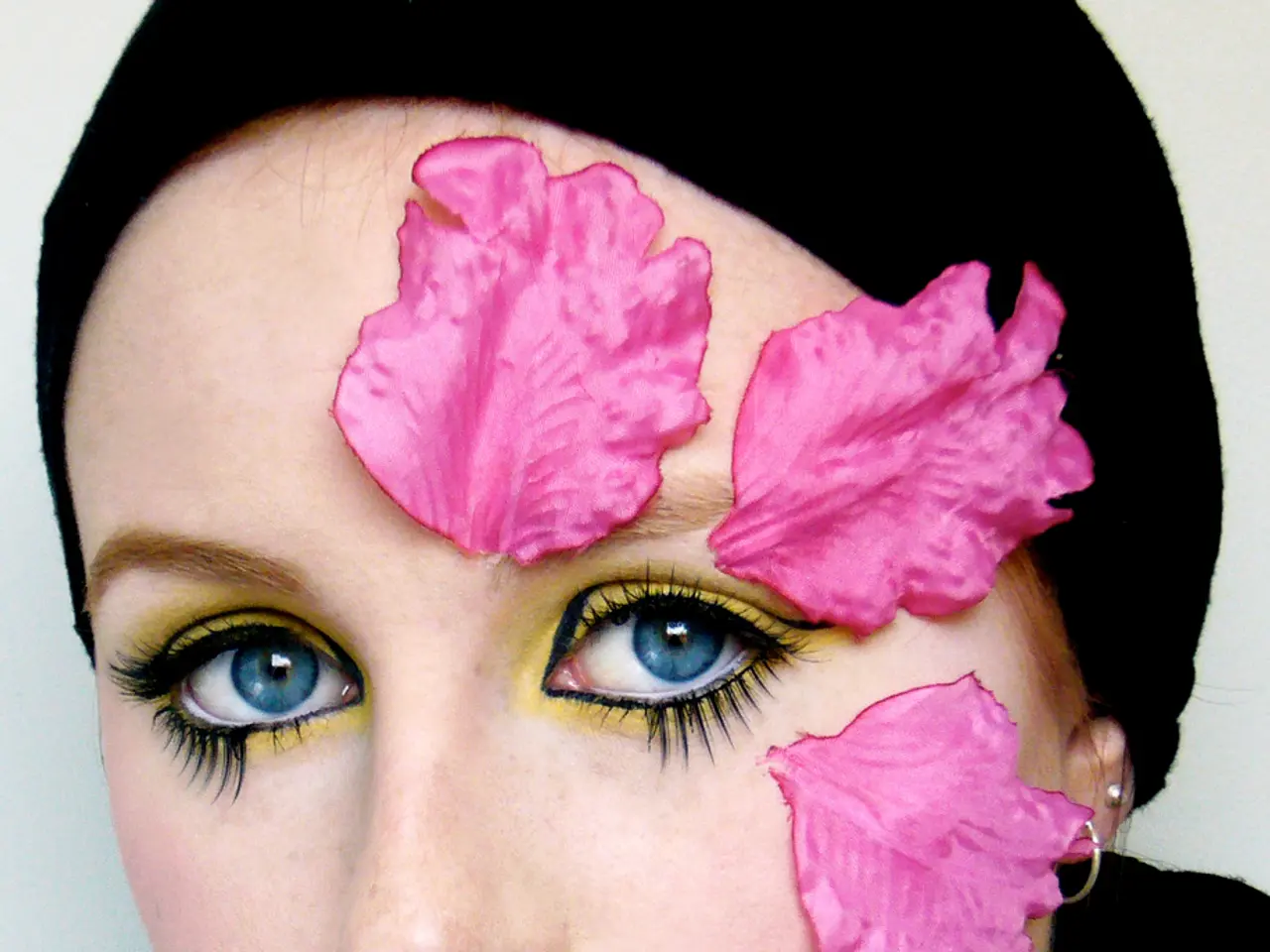Plastic surgery trends on the rise in Afghanistan
In the heart of Kabul, Afghanistan's capital, cosmetic surgery clinics have flourished despite the Taliban's strict theocratic rule and widespread poverty. These establishments, adorned with fake crystal chandeliers and velvet sofas, offer a range of procedures including Botox, lip fillers, and hair transplants.
The sector claims that cosmetic surgery is allowed as it is considered medicine. The government, for its part, does not interfere with the work of these clinics, but enforces sex segregation in them. This segregation is a reflection of the Taliban's conservative values, as women are always covered from head to toe, and under Taliban government restrictions, women's access to work has been severely constrained, and hair salons and beauty parlors catering to women have been banned.
Foreign doctors, particularly from Turkey, travel to Kabul to train Afghans, and equipment is imported from Asia or Europe. Among these doctors is Lucky Khaan, who leads a clinic in Kabul. Khaan claims that some patients seek surgery without real problems, influenced by trends on Instagram.
One such patient is Silsila Hamidi, who at 25 decided to get a second facelift due to the stress of being a woman in Afghanistan. Hamidi believes her skin suffers from the "many pressures" faced by Afghan women. If hair salons were open, she believes she wouldn't need surgery.
Mohammed Shoaib Yarzada, an Afghan restaurateur based in London, chose to have a hair transplant in Afghanistan due to the high cost in Britain. Transplants have become fashionable among men due to the Taliban's order for them to grow beards at least the length of a fist. Sajed Zadran, deputy director of Negin Asia clinic, states that having no hair or beard is considered a sign of weakness in Kabul.
Some Taliban members are reportedly clients of these clinics, but the Taliban authorities did not respond to multiple requests for comment on cosmetic surgery. Despite widespread hunger and lack of access to basic medical care in Afghanistan, some people choose to invest in cosmetic surgery instead.
The cost of Botox ranges from US$43 to US$87, and hair implants cost between US$260 to US$509 at the clinics. These clinics use social media to attract new customers by promising beauty enhancements. Bilal Khan, codirector of the EuroAsia clinic, is about to open a second facility.
Lucky Khaan's clinic, Negin Asia, is one of the most popular in Kabul. Khan and his team strive to provide the best service possible, ensuring that their clients leave feeling confident and beautiful. Despite the challenges they face, the cosmetic surgery industry in Kabul continues to grow, offering a glimmer of normality in a city often defined by conflict and hardship.
Read also:
- Inadequate supply of accessible housing overlooks London's disabled community
- Strange discovery in EU: Rabbits found with unusual appendages resembling tentacles on their heads
- Duration of a Travelling Blood Clot: Time Scale Explained
- Fainting versus Seizures: Overlaps, Distinctions, and Proper Responses






